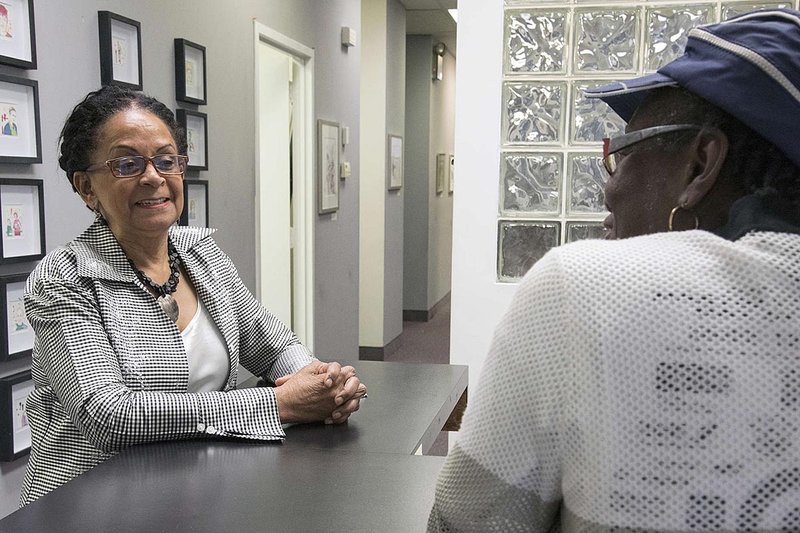By Lindsey Adkison
The Brunswick News, Ga.
WWR Article Summary (tl;dr) The non-profit organization “SCORE” along with the Small Business Development Center offers budding entrepreneurs advice and guidance for free. In this article, we take a look at a SCORE center in Georgia, but they exist all over the country.
The Brunswick News, Ga.
Bernie Villenmaire knows a thing or two about business plans. He came across thousands when he was working as the financial head of the Small Business Association in Vermont.
In fact, one of those turned out to be a successful company.
“Ben and Jerry’s applied to the SBA for a loan and at first we turned them down because they didn’t have a lease for the warehouse. But they came back with another business plan and were approved,” he said.
It is something he has seen time and again: individuals with a stellar idea but the wrong game plan. Villenmaire has spent a career helping would-be entrepreneurs revise those, creating more viable business models. It is still something he does today, now serving as a mentor with SCORE, a nonprofit business counseling center with offices in Brunswick and other locations.
SCORE along with the Small Business Development Center, also in Brunswick, offers visionaries advice and guidance for free.
And he feels it is certainly in one’s best interest to take advantage.
“There are places around that really can help get the whole business plan, which is key to getting it going. SCORE’s website is loaded with business plans and suggestions … just things a person has to do and think about. But we take a hands-on approach and will walk them through it,” he said.
“The SBDC is another great source that helps people through the business process.”
Not planning ahead is often what sinks a business before it truly gets off the ground. The missteps can usually be tracked back to the model.
“You just can’t jump into it. The business plan itself is key to getting it started. As part of the plan, you need to develop the concept of the business, the financial projections of the business and analyze the market,” Villenmaire said.
Branding, as well as sizing up competition and creating estimates of income can naturally prove challenging for a new business owner. That is why getting help is so critical. Mentors like Villenmaire can use their experience to help make accurate projections without having previous figures.
“With a new business, everything is projected which means you have to sit there and try to guess how much inventory you will have, how much working capital, how much machinery,” he listed. “You also have to come up with profit and loss projections as well cash flow projection … usually for the next three years. You have to figure out when you going to break even. Because you will not be making money you first open the doors.”
Most businesses must take out a line of credit or secure loans to keep them afloat until they become profitable. That, Villenmaire says, can take anywhere from six months to up to a year. And can prove challenging if there is no outside source of income.
“Most people have to quit other jobs to start their business so that is something to think about,” he said.
It is just another reason that having help is critical. Guidance can help alleviate what can be an incredibly stressful situation. Villenmaire said pressure alone can prove enough to crush a new business owner.
But he feels that, with the proper planning, almost anyone can start a successful business venture.
“You have to do it the right way. And if you do, you can save a lot of stress and money. The worst thing that could happen is to open your doors and have to close the doors right away. It’s a shame … and people waste a lot of time and money. Some people never get over it,” he said.
“But we are here to help … we will monitor what they are doing and be with them every step of the way.”
–SCORE may be reached by calling (802) 522-8660 or visiting www.score.org.
–The local Small Business Development Center, operated by the University of Georgia, may be reached at 264-7343.














































































































































































































































































































































































